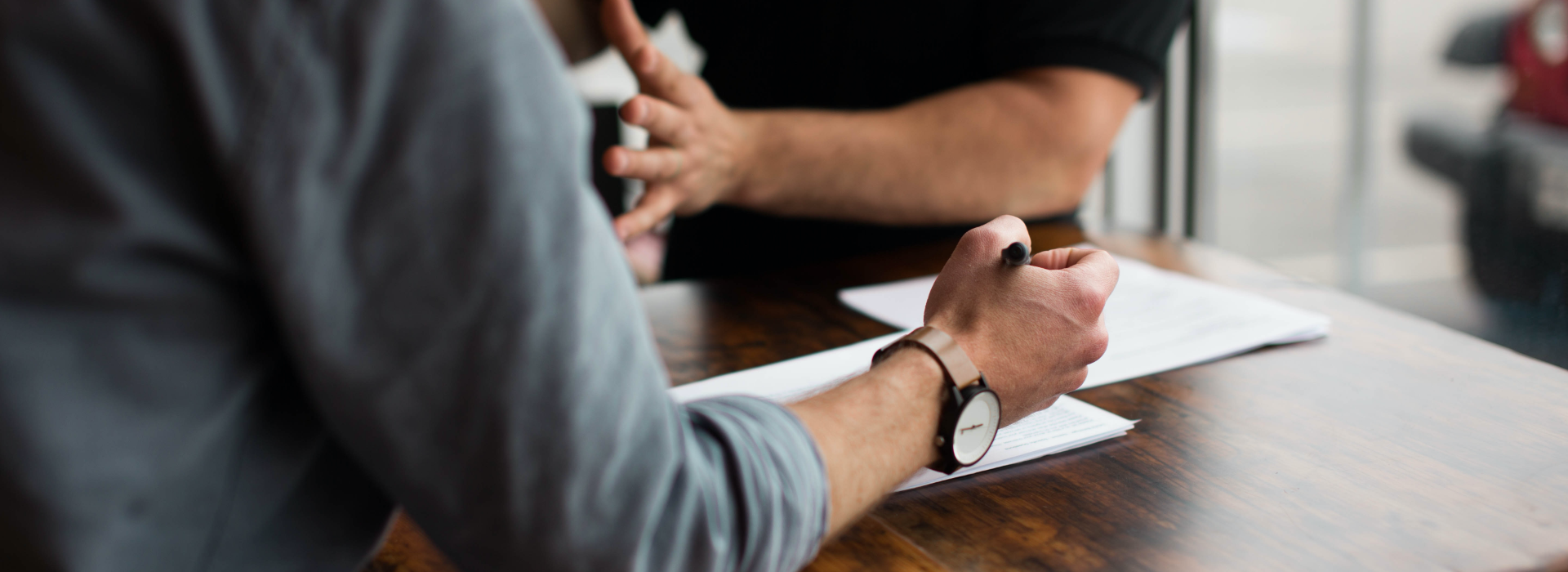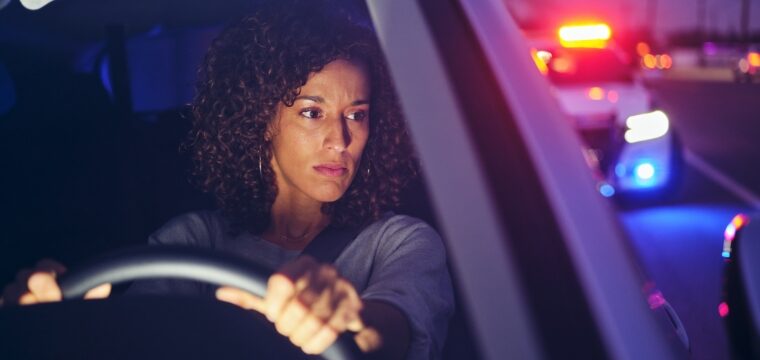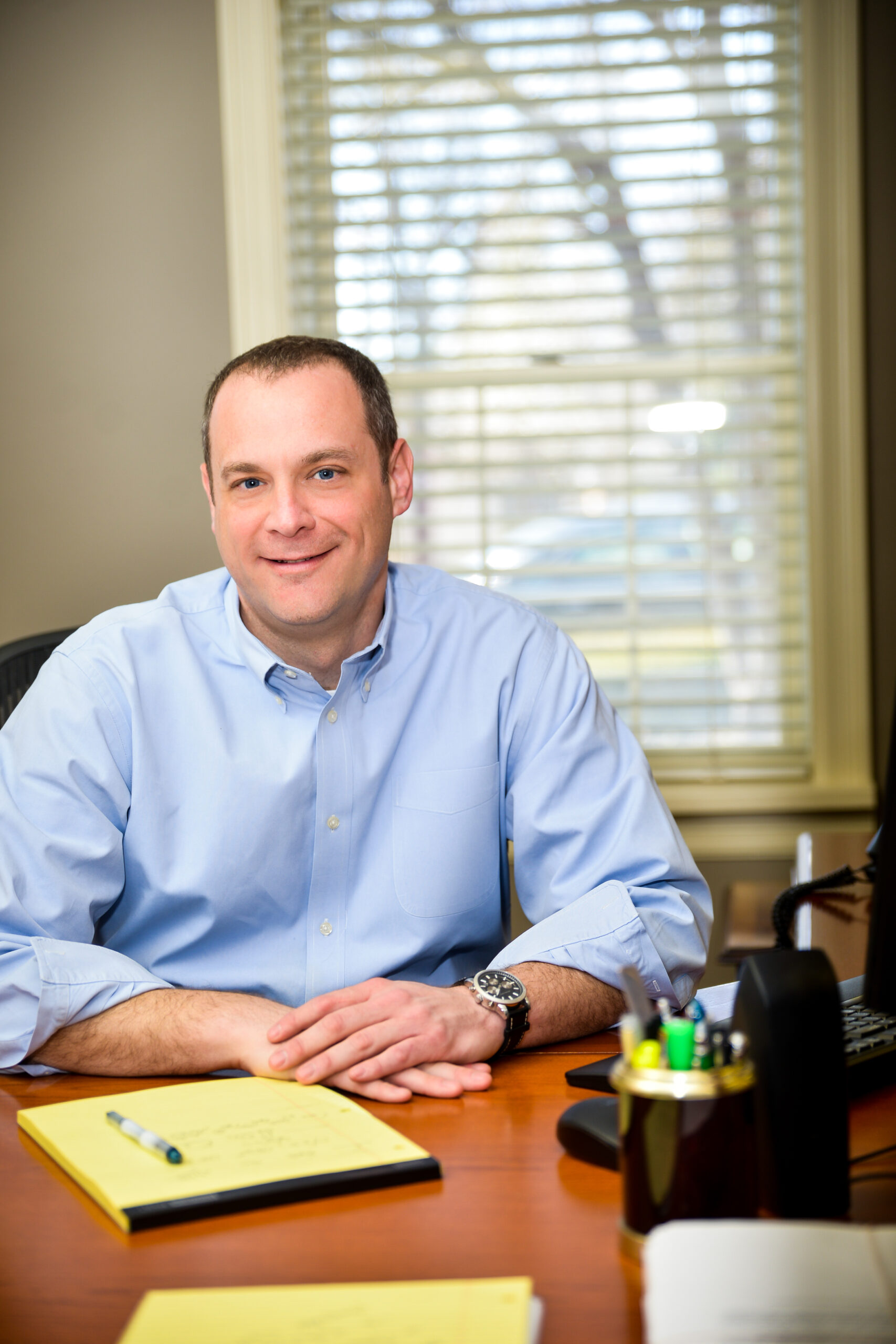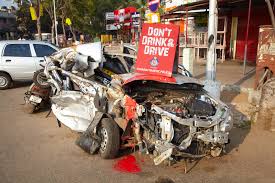In 2019, nearly 14,237 people were arrested for driving under the influence in Missouri. This trend continues as thousands of drunk drivers each year place motorists and pedestrians at risk while the car crash attorneys at Casey, Devoti & Brockland help victims handle the fallout. As a resource for victims, we will explain a few facets involved with a case against a drunk driver in Missouri.
The Burden of Proof
As with other personal injury claims, the burden of proof falls on the prosecuting party in automobile crashes involving a drunk driver. A car crash attorney needs to simply prove his case through a preponderance of the evidence rather than beyond a reasonable doubt, like a prosecutor in a criminal case. This distinction means, more likely than not, the driver was drunk and caused harm to the plaintiff. The easiest way to visualize this is to picture the scales of justice — a preponderance would be just enough evidence to tip the scales one way or another.
Punitive Damages
In addition to compensatory damages, a drunk driver’s victims may also be able to recover damages meant to punish the bad actor. Those damages are called punitive damages. Language around the burden of proof for punitive damages has changed within the last few years. Current Missouri statute dictates there must be clear and convincing evidence that the defendant intentionally harmed the victim without just cause or deliberate and flagrant disregard for the safety of others. The old statute was more subjective, requiring a car crash attorney to produce facts that showed reckless disregard for the rights of others.
Consider a personal injury case in which a driver over 21 got behind the wheel after drinking at a bar. This person knew the dangers of drunk driving and got behind the wheel anyway. This situation demonstrates that the drunk driver failed to act as a reasonable person, showcasing reckless conduct and intent to harm.
Dram Shop Liability
Liability does not always end with the driver. Establishments such as bars and restaurants may also be held responsible for allowing a drunk driver to get on the road and cause harm. Holding the seller of alcoholic beverages liable for the harm caused by their patron is known as dram shop liability. There must be proof of sale to hold an establishment responsible. For this reason, there is no social host liability — hosts of parties or social gatherings in which guests do not pay for beverages cannot be held liable for injuries caused to others by the negligence of their guests.
To prove dram shop liability, you must identify the establishment which served the drunk driver and, ideally, locate witnesses to the driver’s conduct in the time leading up to the crash. A car crash attorney must establish that the drunk driver was visibly intoxicated before the accident. For this reason, witnesses from the establishment are invaluable to show that the driver was slurring, disoriented or stumbling when the establishment last served her.
Sellers of alcoholic beverages may protect themselves from dram shop liability by training their employees to look for the signs of intoxication. Training helps servers recognize the signs of intoxication, enabling them to cut off patrons before they become incapacitated. Missouri does not have regulations around server training, but as car crash attorneys, we recommend all establishments look into national programs such as the TEAM coalition.
Establishments may also protect themselves from liability by creating a program to provide Uber or Lyft rides for intoxicated drivers — these programs allow patrons a safe, alternative way home.
The Concurrence of Cases
Driving under the influence is both a criminal and a civil case. A civil personal injury case is likely to occur after the end of a criminal case. A drunk driver may not be inclined to answer any questions posed by a personal injury attorney before the conclusion of any criminal case. The testimony of the drunk driver can be invaluable; information provided by the driver can assist you in evaluating whether to pursue dram shop liability in a drunk driving case, so cooperation is vital.
Criminal cases require proof “beyond a reasonable doubt,” a higher standard than civil cases. If a guilty verdict is rendered in a criminal case, the civil case against the drunk driver is solid. You must have an experienced legal team on your side so you may receive compensation from all liable parties. Fortunately, we are here and happy to help — when you feel ready, contact a car crash attorney at Casey, Devoti and Brockland for a free consultation.









